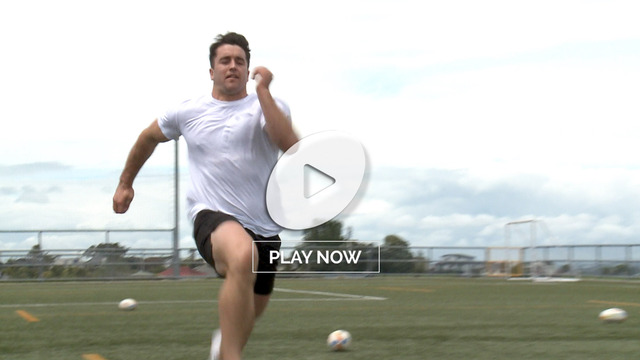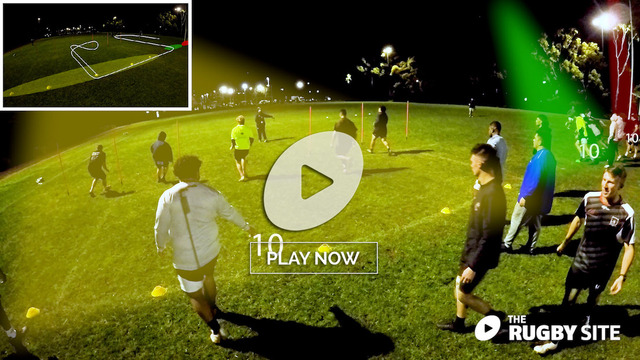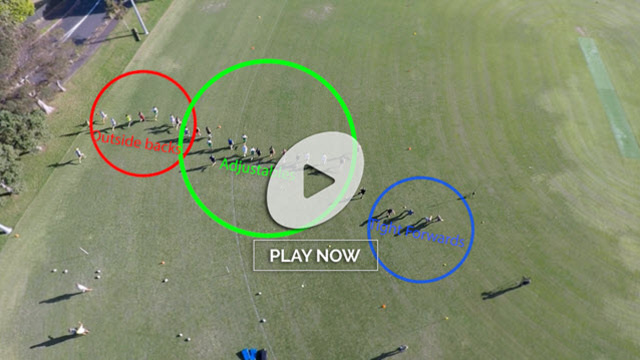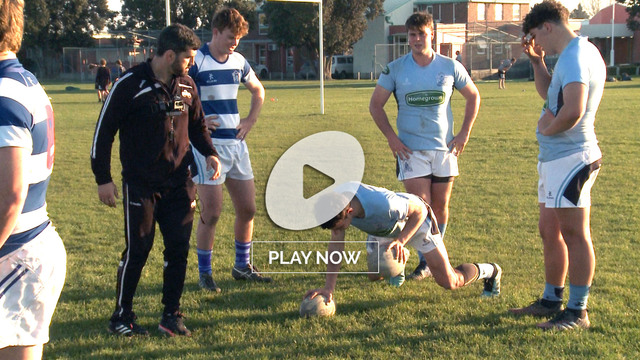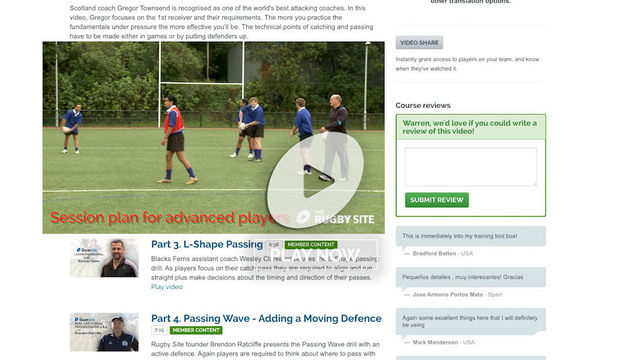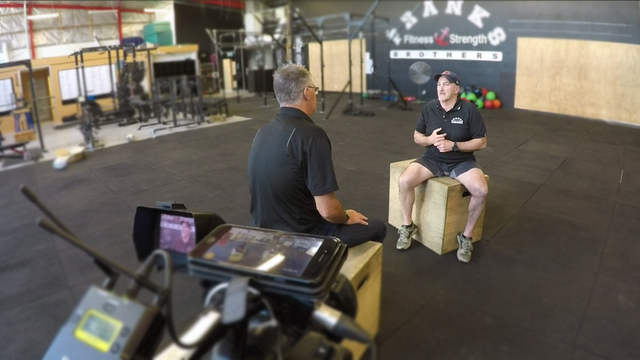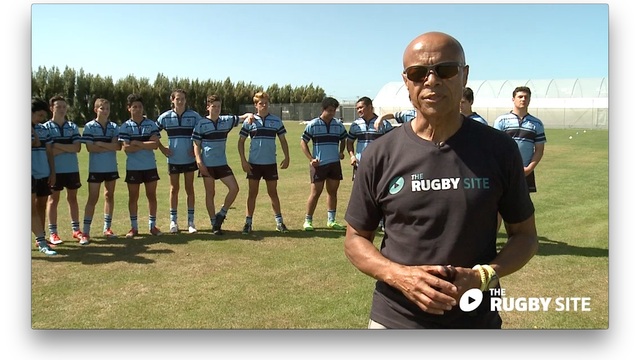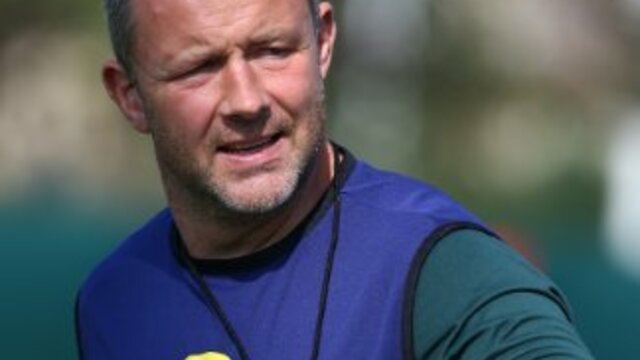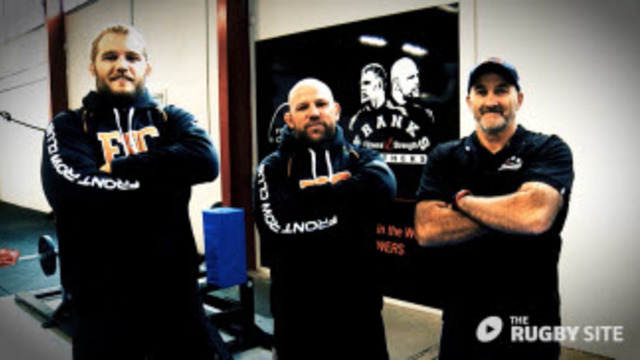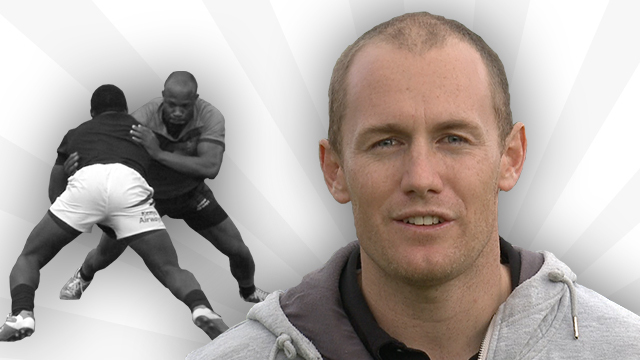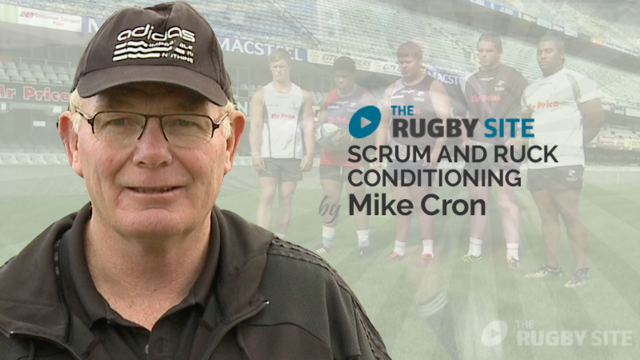Injuries during games are part of participating in contact sports such as rugby. Few games finish without somebody being helped from the field, though thankfully serious injury is not common. Top level players are fitter and stronger than previous generations, though the grassroots game will always have the usual mixture of fit and fat.
Medical emergencies during sporting events are rare but when they do occur they evoke emotional coverage, and understandably so. Few will forget the outpouring of support for Bolton Wanderers footballer Fabrice Muamba, after he suffered a cardiac arrest during a game against Tottenham earlier this year. Muamba has since retired from football but may not have survived without the attention he received on the pitch from a consultant cardiologist who happened to be at the game.
Not so fortunate was Clare Squires who died while competing in the London marathon, a month after the Muamba incident. Squires had been diagnosed with an irregular heartbeat but she was determined to complete the marathon and raise £500 for the Samaritans. After her death donations surged to more than £1m.
On October 20th, Joe Payne tragically died of a heart attack while playing rugby for Thanet Wanderers 5th XV against Snowdon in Kent. On the same day in New Zealand, Southland lock Hoani MacDonald had a cardiac arrest while playing in the semi-final of the ITM Cup against Counties Manukau. MacDonald survived the arrest and has now been discharged from hospital, after the insertion of a cardiac defribilator, similar to one Muamba received.
It is estimated that twelve people under 35 years of age die each week in the UK from undiagnosed heart conditions. Many are involved in sport which can exacerbate a previously undiagnosed condition. British charity Cardiac Risk in Youth (CRY) was founded in 1995 to raise awareness of conditions that can lead to sudden cardiac death in young people. The charity is supported by many well known sporting, entertainment and medical figures and holds screening clinics at established and mobile centres around the UK. Studies confirm that screening saves lives but there have still been 10,000 sudden cardiac deaths in young people, since CRY’s foundation.
Since 1982, cardiac screening has been compulsory in Italy for all athletes competing in organised competitive sports. Sudden cardiac death in young people is nothing new but there is a growing move to raise awareness of the issue and to gain urgent political support for funding the screening required to identify those most at risk.
In its “Medical Protocols for Tournaments” document, the IRB includes a section covering cardiac questionnaires and procedures, which all parents and coaches should familiarize themselves with. Not all sudden cardiac deaths in young people are preventable but every life which is saved will save a family the trauma and grief of losing a son or daughter. Where a genetic condition is found to exist, all family members should be tested, as research shows that more than one family member can be affected.
It was distressing to watch Muamba and MacDonald as they encountered near-death situations on sporting fields. We should be reminded that although sport is big business these days, there are more important things, such as life itself. To lose a game is unfortunate to lose a life is tragic.
Visit www.c-r-y.org.uk
